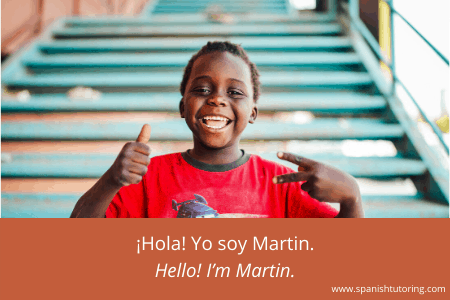Ser Conjugation: How to Use the Verb “Ser” in Spanish
To be
In Spanish, the verb “ser” translates to the verb “to be” in English and is used to talk about permanent states and situations. What do we mean by permanent? When we say permanent, we mean states and situations that don’t easily change, and therefore, represent intrinsic or essential characteristics or qualities related to people, places, and things (for example, I am from Spain, these are my brothers, the homework is easy, etc.)
Note: We must differentiate “ser” from “estar”, which we use to talk about more temporary states of being. Both verbs can be translated as “to be” in English.
Remember, “ser” is an irregular verb:
Below we have several examples of how the verb “ser” is used. Remember, what all of these examples have in common is that “ser” describes inherent, permanent states and situations. For example, where someone or something is from never changes; who we are doesn’t change from one day to the next; the day of the week can’t suddenly change from Monday to Tuesday, etc.

